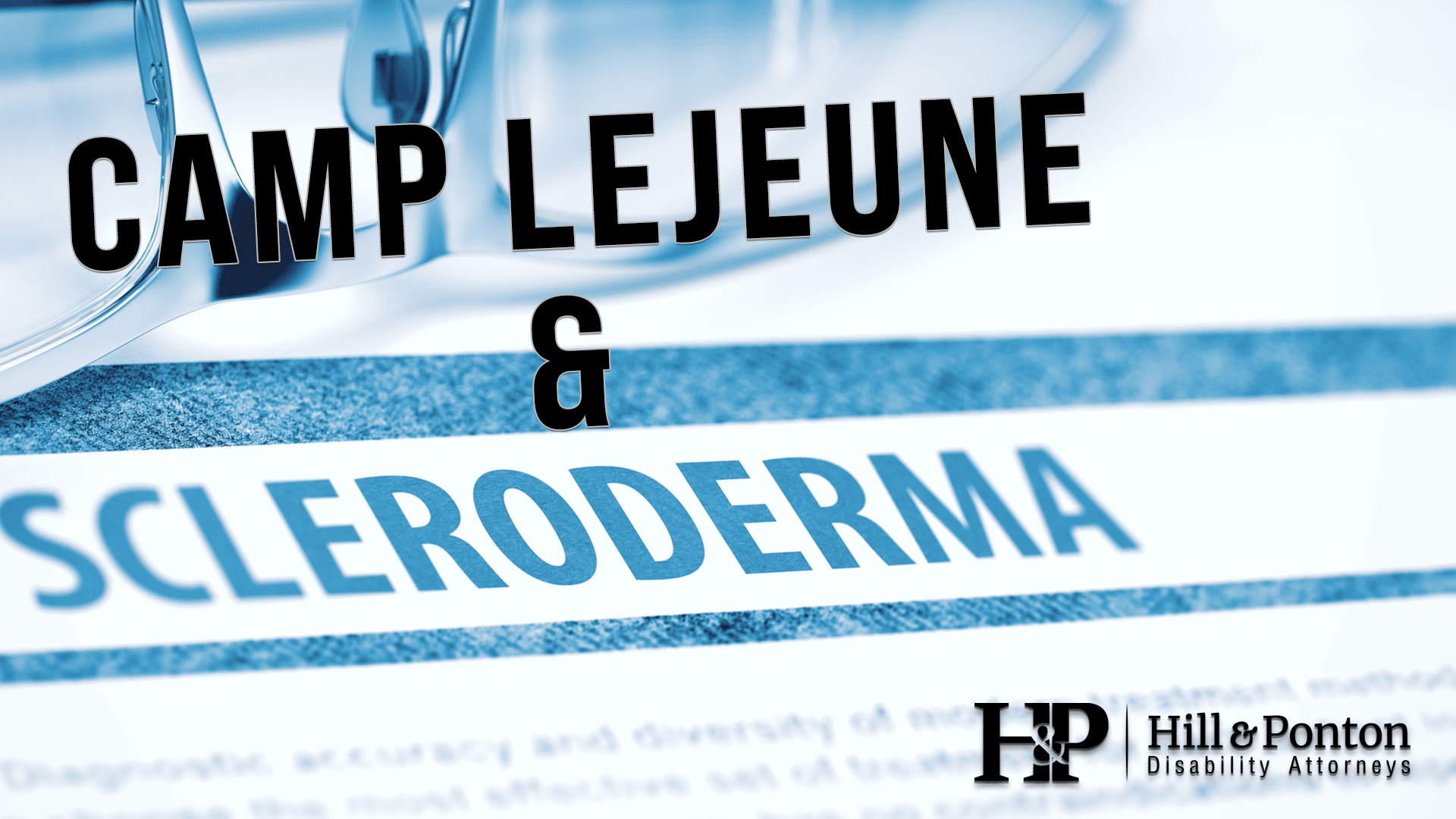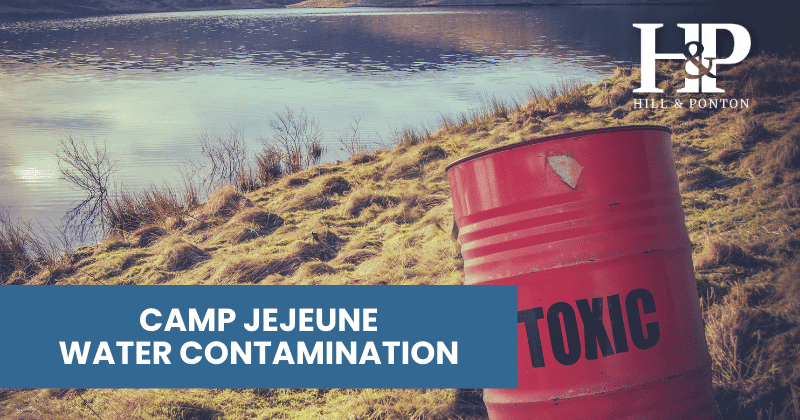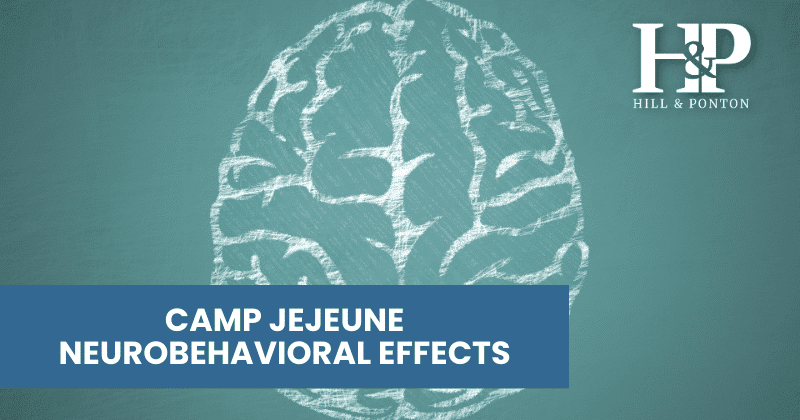When an individual signs up for the Marines, they expect to put their life on the line. They know there is a chance that they will be shot at, put into dangerous situations, and sometimes lose friends in the line of duty.
What they do not expect is to be in dangerous situations at home or to lose friends to chemical contamination on American soil or their own base. This is exactly what has happened to veterans of Camp Lejeune for years.
Camp Lejeune and Toxic Exposure
Camp Lejeune, located in Jacksonville, North Carolina, is a 246-square-mile Marine Corps base that opened in 1941. The base was subject to large-scale water contamination due to the disposal practices of an off-base dry cleaning operation and leaking gasoline storage tanks at Hadnot Point. This contamination continued for several years.
The United States government has recognized that there was continuous exposure between at least 1957 and 1987. It is estimated that as early as 1948, chemicals from the operation infiltrated the water system through at least two of the base’s eight water treatment plants.
Toxic Chemicals Found in Camp LeJeune’s Water
The chemicals, known as volatile organic compounds (VOCs), included perchloroethylene (PCE), a dry-cleaning agent, trichloroethylene (TCE), a degreaser and paint stripper, and benzene, a component of gasoline.
Agency for Toxic Substances and Disease Registry (ATSDR) studies have shown that TCE contamination was as severe as 1,400 parts per billion (ppb) in May of 1982. Currently, the accepted limit for TCE in drinking water is only five ppb.
This contaminated water at Camp Lejeune was used for everything from drinking to bathing. These contaminates have been shown to be associated with the development of a rare autoimmune disease known as scleroderma.
Scleroderma Linked to Camp LeJeune’s Contaminated Water
Scleroderma, also known as systemic sclerosis, is a chronic systemic autoimmune disease characterized by hardening (sclero) of the skin (derma). In other words, the immune system attacks healthy skin and tissue, and causes hardening of the joints, rashes, and skin thickening. In its most severe form, scleroderma will affect internal organs. Scleroderma is divided into two distinct types: limited and diffuse.
Limited scleroderma manifests mainly through the skin and affects the hands, arms, and face. Previously, limited scleroderma was also known as CREST. This came from an acronym of Calcinosis, Raynaud’s phenomenon, Esophageal dysfunction, Sclerodactyly, and Telangiectasias, each of which is a symptom of scleroderma.
(These symptoms can sometimes be rated separately from scleroderma as secondary or standalone health problems. Raynaud’s syndrome for instance has its own rating scale and can be rated as a secondary condition of scleroderma. More information on the secondary conditions of scleroderma can be found here.)
Diffuse scleroderma is the more aggressive of the types. It can rapidly progress and affects large areas of skin and one more internal organ. Scleroderma affects the kidneys, esophagus, heart, and lungs most frequently. Generally speaking, scleroderma is not treated as a singular disease, but rather individual systems are treated for the associated symptoms.
Current medical literature does not recognize a distinct cause for scleroderma. However, there are several recognized associations between scleroderma and solvent exposure. The National Research Council has studied the exposure to these toxic substances through ingestion, skin contact, and inhalation.
Occupational exposure to solvents (TCE, TCA, and benzene) is associated with a statistically significant higher risk of developing scleroderma. This association is strongest in men and individuals with the anti-Scl70 auto-antibody.
Cumulative exposure to organic solvents in drinking and bath water (such as Camp Lejeune veterans suffered) would be strongly associated with an increased risk of the development of scleroderma.
Helping Camp Lejeune Victims
As of 2012, Congress recognized these risks and passed the Honoring America’s Veterans and Caring for Families of Camp Lejeune Act of 2012 (also known as the Janey Ensminger Act of 2012 after the deceased daughter of Marine Master Sergeant Jerry Ensminger).
The Act required that the Department of Veterans Affairs provide medical care for veterans who served at Camp Lejeune for at least thirty days during the qualifying period (January 1, 1957, and December 31, 1987) for a list of diseases that can be found here.
The reason to begin thinking about this disease and how it affects you or your loved ones is that as of August 3, 2015, the VA announced that it was opening discussions on the potential of presumptions related to chemical exposure. In the years since, the VA has announced updated lists of presumptions.
As of August 2022, this list includes:
- bladder cancer
- breast cancer
- esophageal cancer
- female infertility
- hepatic steatosis
- kidney cancer
- leukemia
- lung cancer
- miscarriage
- multiple myeloma
- myelodysplastic syndromes
- neurobehavioral effects
- Non-Hodgkin’s lymphoma
- renal toxicity
- scleroderma.
It is important to get the earliest effective date possible for the condition. By filing now, you have the ability to preserve an effective date for disability compensation with the VA. While there is no law regarding the effective dates of the coming Camp Lejeune presumptions, one can take note of the Nehmer case with regard to Agent Orange presumptions.
This case established that veterans with an AO presumption are entitled to the earliest effective date that they applied for a presumed disease, even though the said disease was not presumptive at the time. A more in-depth discussion of Nehmer can be found here.
Filing Camp LeJeune Lawsuits due to Scleroderma
In summer 2022, the Senate passed the Honoring Our PACT ACT, which gives more access to Camp Lejeune victims to file lawsuits for damages. This also includes help for veterans and their family members, including civilians and even dependents who were exposed in-utero to the contaminated water at Camp LeJeune.
After all, veterans deserve all the health care benefits and disability benefits available to them for their selfless sacrifices in serving our country.




